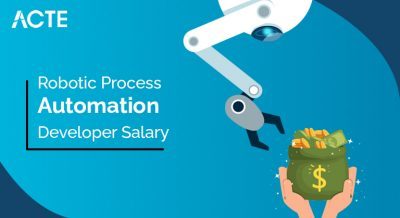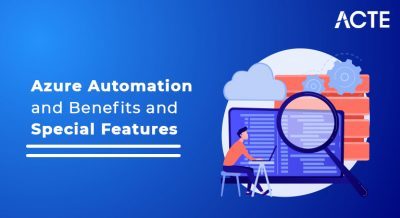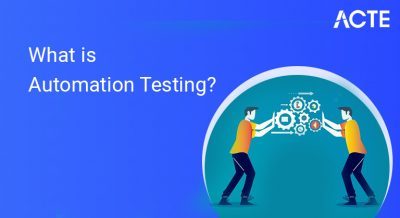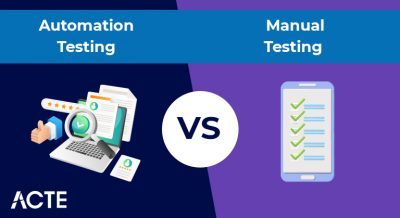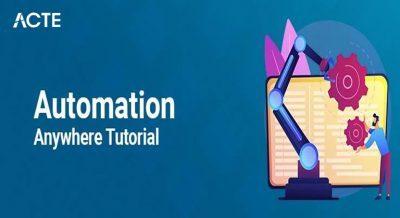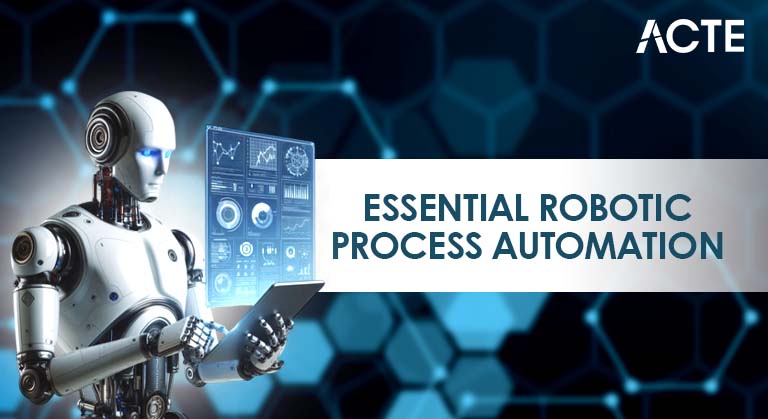
- Introduction to RPA Skills
- Understanding RPA Tools
- Workflow Design Skills
- Programming and Scripting Basics
- Knowledge of Business Processes
- Analytical and Problem-Solving Skills
- Understanding of AI and Machine Learning
- Data Handling and Manipulation
- Debugging and Troubleshooting
- Building a Career with RPA Skills
Introduction to RPA Skills
Robotic Process Automation (RPA) is transforming the business world by enabling companies to automate repetitive tasks, reduce errors, and improve efficiency. As industries increasingly rely on automation to optimize operations, the demand for professionals skilled in RPA is surging. SoftwareTesting Training RPA skills is essential for anyone aspiring to enter this high-growth field. Mastering RPA involves developing a blend of technical, analytical, and soft skills that empower individuals to design, develop, and manage automated processes effectively.
Understanding RPA Tools
A foundational skill for RPA professionals is proficiency with leading RPA tools. Tools like UiPath, Blue Prism, and Automation Anywhere dominate the market. Each platform offers unique features but shares a common goal: to automate rule-based tasks. Understanding each tool’s capabilities, limitations, and best practices is crucial. Professionals must know how to create bots, deploy them into production, and maintain them efficiently. Tool-specific certifications are highly recommended to validate expertise and enhance employability.
Learn Automation testing from industry professionals enroll in this Automation Testing Online Course today.
Workflow Design Skills
Workflow design is at the heart of successful RPA projects. Designing an effective workflow requires a clear understanding of business processes, logical thinking, and attention to detail. An RPA developer must map out the sequence of tasks, identify exceptions, and determine decision Why Choose Selenium. Good workflow design ensures bots perform tasks accurately and efficiently while handling errors gracefully. Professionals should also be familiar with process modeling techniques like BPMN (Business Process Model and Notation) to standardize workflows. Proper documentation of workflows not only aids development but also simplifies maintenance and scalability. Collaboration with business analysts and stakeholders is key to capturing real-world process nuances. Incorporating modular design principles allows for easier updates and reusability of components. Ultimately, strong workflow design serves as the blueprint for reliable, high-performing automation RPA solutions.
Start your journey in automation testing with this Automation Testing Online Course.
Programming and Scripting Basics
Although many RPA tools offer low-code environments, a firm grasp of programming and scripting enhances a professional’s capabilities. Knowledge of Overview of Patch Workflows, JavaScript, VBScript, and SQL is advantageous. Programming skills enable RPA developers to handle complex automation, perform data manipulations, and integrate bots with external systems. Scripting is particularly useful for creating custom functions, managing APIs, handling exceptions, and expanding the scope and sophistication of automation solutions.
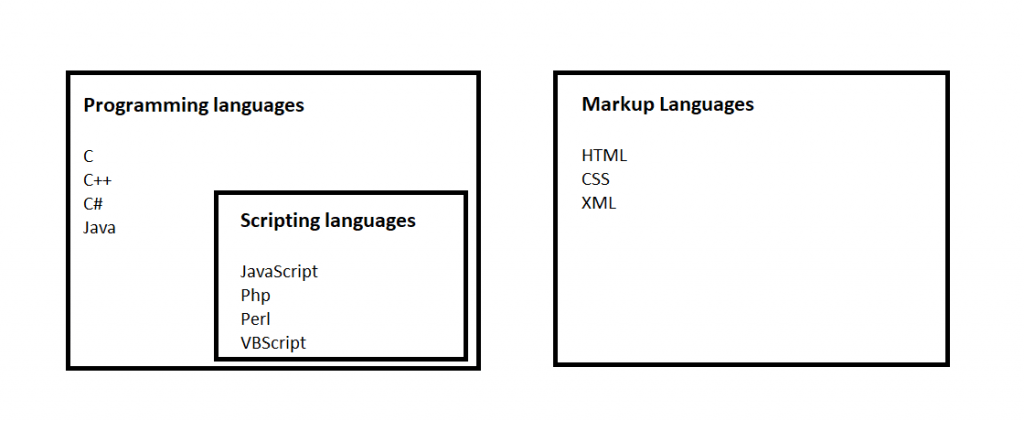
Knowledge of Business Processes
A deep understanding of business processes is indispensable for RPA professionals. Automation is not just about mimicking tasks but about optimizing them. Knowing how departments like finance, Machine Learning, supply chain, and SoftwareTesting Training service operate allows RPA developers to identify automation opportunities that deliver maximum ROI. Professionals must be capable of performing process assessments, distinguishing between suitable and unsuitable candidates for automation, and redesigning workflows for optimal results.
Analytical and Problem-Solving Skills
- Analytical thinking and problem-solving abilities are essential traits for RPA practitioners. They must analyze processes to determine bottlenecks, inefficiencies, and potential improvements. Unexpected issues can arise during bot development and deployment, requiring quick, logical resolutions.
- Professionals need to anticipate possible failure RPA vs Selenium and design resilient and adaptable bots. Root cause analysis and process optimization are key components of successful RPA implementations.
- Furthermore, the ability to think critically ensures that RPA solutions are scalable and sustainable in the long run. RPA practitioners must continuously monitor bot performance and adjust workflows as needed.
- Collaboration with cross-functional teams allows for a better understanding of process intricacies. By proactively addressing challenges, RPA developers can create more robust, high-performing automation systems.
Step into a successful career in automation testing with ACTE’s Automation Testing Master Program Training Course
Understanding of AI and Machine Learning
Modern RPA solutions increasingly integrate AI and Machine Learning to handle unstructured data and complex decision-making processes—skills in AI and ML open doors to Intelligent Automation, where bots go beyond basic rule-based tasks. Professionals should understand concepts like natural language processing (NLP), computer vision, predictive analytics, and cognitive computing. Combining RPA with AI and ML transforms automation into a powerful tool capable of mimicking human judgment and adapting to changing scenarios.
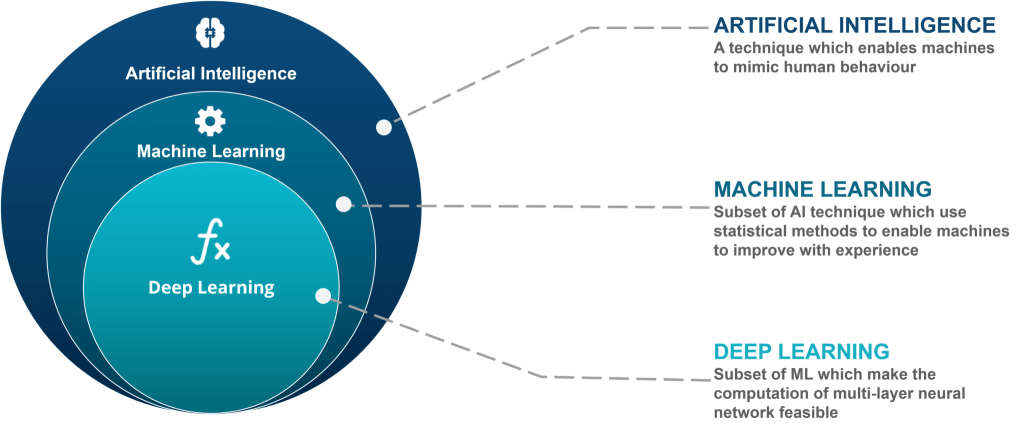
Data Handling and Manipulation
- In RPA projects, data is the input and output of automated tasks. Professionals must be proficient in handling and manipulating data from various sources, such as Excel spreadsheets, databases, emails, and web forms.
- Skills in data extraction, transformation, and loading (ETL) are critical. Knowledge of database management systems like SQL Server or Blue Prism Certification and the ability to work with APIs for data exchange further enhance an RPA professional’s effectiveness.
- Ensuring data integrity, confidentiality, and accuracy is paramount. Adequate process documentation is vital for the success of RPA initiatives. Documentation provides clarity, facilitates stakeholder communication, and serves as a reference for maintenance and scaling.
- Professionals should be skilled in creating detailed process design documents (PDD), RPA solutions design documents (SDD), and user manuals. Clear documentation ensures that knowledge is preserved, easing future updates and audits. Well-documented processes also help in measuring the success and ROI of automation efforts.
Want to crack your next QA interview? Check out this helpful blog on Automation Testing Interview Questions and Answers.
Debugging and Troubleshooting
- No automation is perfect on the first attempt. Debugging and troubleshooting are essential for identifying and resolving issues in Robotic Process Automation bots.
- RPA developers must be familiar with debugging tools provided by RPA platforms and understand how to interpret logs, trace errors, and apply fixes. A structured approach to troubleshooting ensures minimal downtime and smooth bot operations.
- Test cases and conducting thorough testing Selenium WebDriver deployment are best practices that minimize production issues.RPA professionals must work closely with business analysts, subject matter experts (SMEs), IT teams, and stakeholders.
- Strong communication skills enable them to gather requirements accurately, explain technical concepts in layperson’s terms, and manage expectations.
- Collaboration fosters a team-oriented environment where feedback is valued and continuous improvement is encouraged. Effective communication also plays a role during change management, ensuring the smooth adoption of automation within the organization.
Building a Career with RPA Skills
The demand for RPA professionals spans various industries, including finance, healthcare, insurance, manufacturing, and retail. Building a career in RPA starts with acquiring fundamental skills and certifications from leading vendors like UiPath, Blue Prism, and Automation Anywhere. Real-world project experience is invaluable; internships, freelance projects, or personal initiatives can help build a strong portfolio. Networking with professionals through platforms like LinkedIn, participating in Robotic Process Automation, and attending webinars or conferences keep individuals updated on industry trends. Specialized roles such as RPA Developer, RPA Business Analyst, RPA Solution Architect, and RPA Project Manager offer diverse career paths. Continuous learning is crucial in RPA, as the SoftwareTesting Training evolves rapidly by integrating AI, ML, and cloud technologies. To stay competitive, professionals should also consider developing complementary skills in cybersecurity, data analytics, and cloud computing. The future of RPA is bright, with organizations increasingly looking to scale their automation initiatives, creating ample opportunities for skilled practitioners. By mastering a combination of technical expertise, business acumen, and soft skills, individuals can not only secure a rewarding career in RPA but also contribute significantly to organizations’ digital transformation journeys worldwide.

